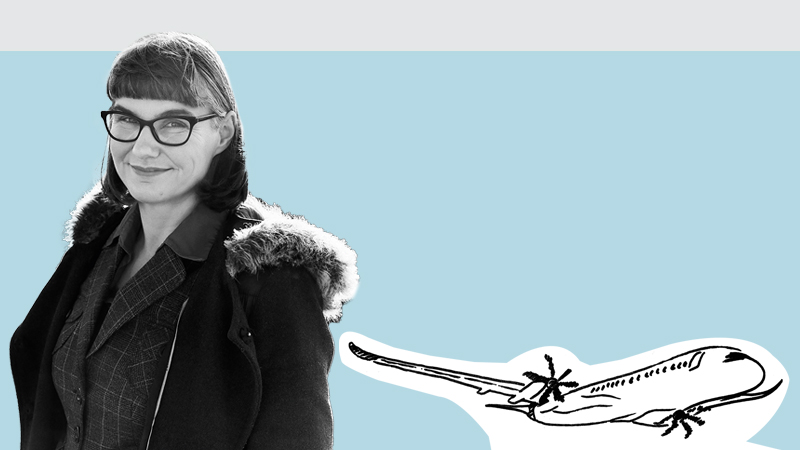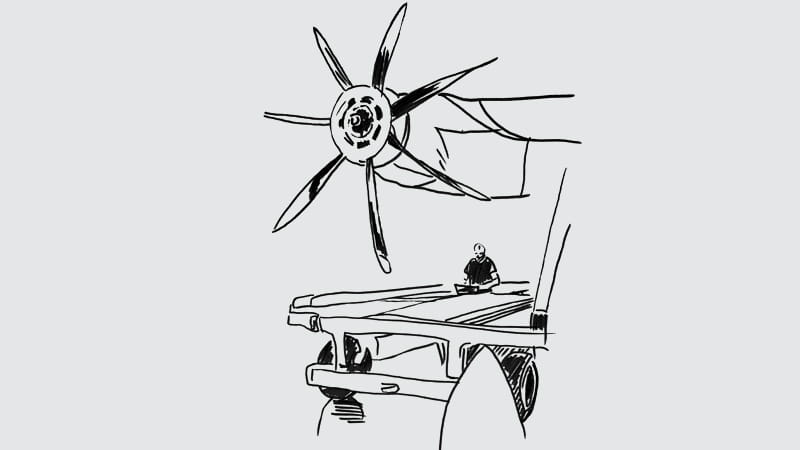Toward Flight Net Zero


That equals about EUR 70 extra for a flight between Stockholm and London, but so far there are not enough travelers paying this additional cost to make a real difference.
In Urban's opinion, an increased use of biofuels and other drop-in fuels working in existing jet engines is a necessary transition to reach the goal of fossil-free air travel while awaiting new sustainable technologies. The outlook is promising and there are several initiatives for electrification of flights.
One example Urban mentions is aviation giant United Airlines’ order of 100 ES-19 electric aircraft from the Swedish electric aviation start-up Heart Aerospace. The ES-19 is a small electric plane seating 19 passengers, which utilizes lithiumion batteries. These are similar to those used in automobiles, but with a 400 kilometer range. Initiatives such as this make Urban confident that Swedish airports can reach their goal of fossil-free domestic flights despite there being only nine years left until the target date.
“Hydrogen-based aviation is currently in the R&D stage, driven forward, for example, by an investment by Airbus to design planes fueled with hydrogen. The EU has a hydrogen strategy in place and the fuel is projected to be used in commercial aircraft from around 2035,” she says.
So, what do Urban and her research colleagues contribute to the ongoing transformation? It’s her 17th year of working on industrial transformations toward decarbonization and climate mitigation. This made her initiate Sustainable Energy Transformations in Aviation (SETA), a four-year research project that is funded by the Swedish Energy Agency.
“Sweden is a leader in decarbonization and has the potential to be one of the first countries to decarbonize its aviation sector, but there are risks and challenges ahead,” says Urban.
Frauke Urban
Lives: Stockholm, Sweden, with husband and two children.
Job: Associate Professor in the Management of Sustainable Energy Systems and KTH Royal Institute of Technology, Stockholm, Sweden.
Travel by: “I travel by bike, wherever I can.
When necessary I use an e-car sharing service. I travel by plane when I visit my family in Germany.”
What drives you: “I hope that my research can be one of the small puzzle pieces that solves the big puzzle of how to live more sustainably, and how to restructure economies, industries and societies in a way that mitigates climate change.”

The group’s work includes everything from identifying the necessary changes in governmental policies and industry investment strategies down to individual customer behavior, as well as investigating the sustainability of different fossil-free technologies for aviation. And Urban is confident that things are going in the right direction.
“Obviously, we are a small part of a much larger community who all have the vision of fossil-free aviation. Through the SETA project, the team and I can contribute to solving complex questions that relate to how the aviation industry can decarbonize and become more sustainable, with the aim of mitigating the dangers of climate change. Will I fly on a battery-powered plane in 2030? Absolutely!”